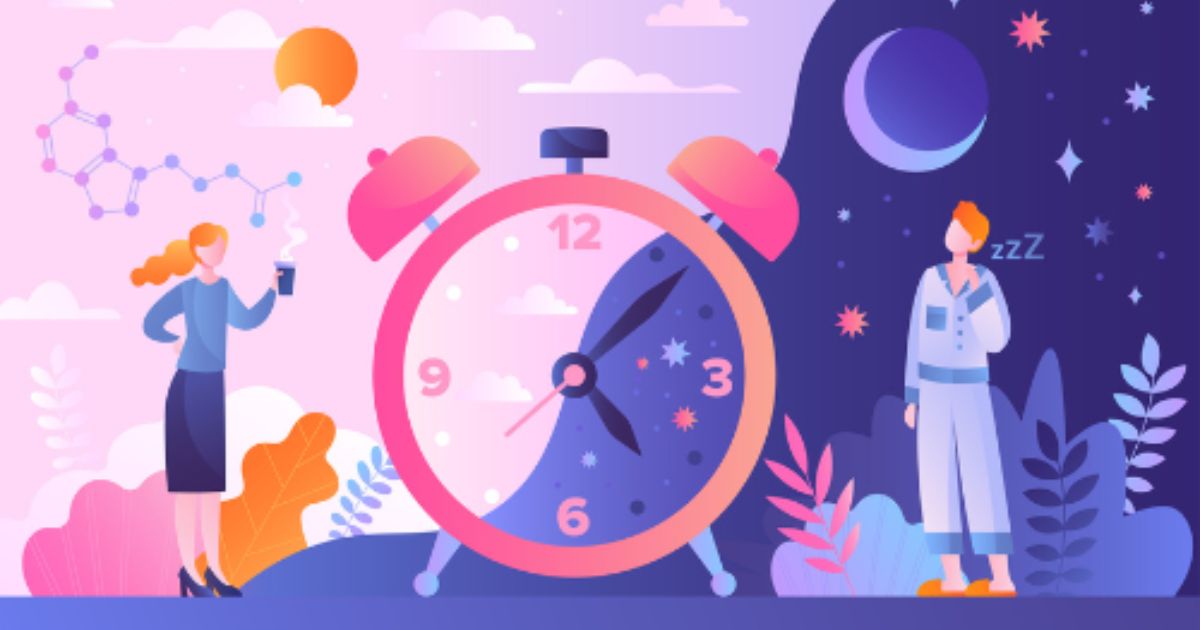The Crucial Role of Those on Shift Work
In today’s society, people who work in constantly changing shifts are playing important roles in different sectors such as healthcare, emergency services, retail and law enforcement.
However, recent studies have revealed that these essential workers face considerable health risks such as reduced life expectancy and increased susceptibility to mental health problems due to random sleep patterns.
A recent episode of the Diary of a CEO podcast featured Kristen Holmes, vice president of performance science at Whoop, a wearable health tech company.
She stressed the importance of adequate sleep, in relation to general well-being, emotional stability, work productivity and judgment.
Consistency in sleeping habits like going to bed and waking up at a specific time was identified as a key ingredient for good body health. Conversely, shift workers struggle to maintain this consistency.
The Impact of Shift Work on Health
While defining shift workers as those who stay awake for more than two hours between 10pm and 4am, Holmes hinted about various statistical figures showing that they may live much shorter lives than other people.
Her quote indicated that it could be around fifteen years difference although no particular source was given.
The World Health Organization (WHO) classifies night shift work as a probable carcinogen with some proof of increased cancer risk in breast, prostate, colon and rectal cancers.
The classification is based on heightened rates of tumors following investigations in lab animals plus robust mechanistic evidence.
Understanding and Mitigating Risks
According to Holmes this need cannot be overemphasized; “we really need to understand what the risks are…to mitigate them”.
Apart from understanding why many people get sicker when they are awake at night, she suggested ways by which people can reduce these effects using Whoop technology.
This included assessing how diet affects protein intake particularly during circadian rhythms; plus searching for other factors like light exposure pattern.
With an estimated number of millions worldwide into tens, the findings of this research can be far-reaching.
For example, in the United States alone there are about 5.2 million registered nurses, 800,000 police officers and more than a million firefighters (career and volunteer), majority of whom works on shifts.
Challenges in Implementing Solutions
Despite these ongoing research Holmes admitted that the problems associated with this are complex.
She noted that sometimes there is a problem when it comes to applying existing remedies due to how they may interfere with shift sleep patterns as observed in some healthcare institutions.
These jobs have understaffed departments because making a schedule favorable for shift workers’ good health is very demanding considering the nature of these jobs.
Shift Work and Mental Health
Shift work comes with more mental health problems among workers than employees who work during the day.
These employees tend to suffer emotional difficulties such as depressive symptoms and anxiety disorder which together have been found to have a higher percentage of suicidal ideas for psychiatrically high-risk occupational groups compared to, day working ones.
Holmes mentioned that sleep irregularity causes mental health risks where she stated that one of the psychological and physiological consequences of sleeping at odd hours would be unpredictable sleep-wake patterns known for those working shifts.
Due to their unpredictable sleeping habits, both their minds suffer, and bodies are at risk.
Looking Ahead
Various studies support Holmes’s main worry, which stresses the urgency in designing interventions for the assistance of shift workers.
It may be important to use gender-specific strategies in dealing with different mental health problems experienced by men and women who do shift work.
In a nutshell, for shift workers who must juggle tough duties and risks to their health, systems have to be overhauled altogether for them to be safe.
So far, researchers keep studying ways of reducing the impact of irregular work hours on people’s lives while insisting on advocating for better working conditions and support systems for this human resource.


